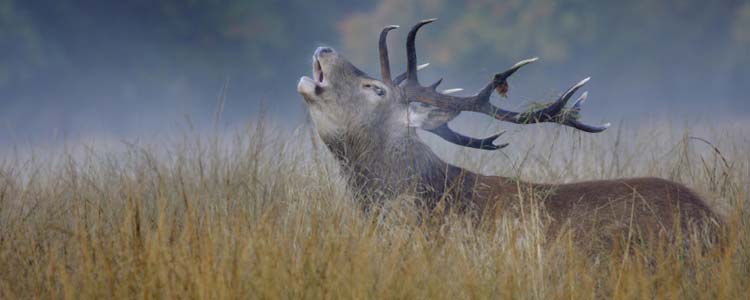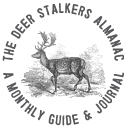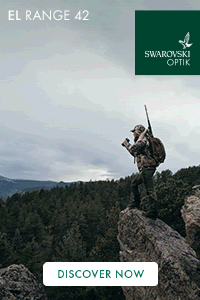In a series of monthly articles African professional hunter Giles Allcock provides an insight into hunting the ‘dark continent’. This month Giles puts forward the conservation and economic case for hunting.
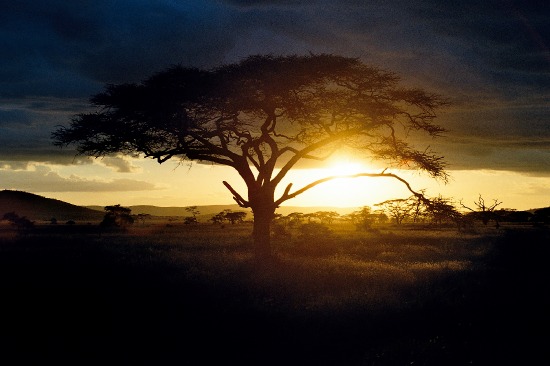
Africa is known as one of the best safari destinations in the world, its vast grass plains; forests, deserts, mountains, big lakes and beautifully picturesque coastline make it hugely attractive to both hunter and photographer alike.
What makes it even more appealing for the hunter is the sheer abundance of game, such as Elephant, Rhino, Lion, Leopard, Buffalo, Giraffe and plentiful antelope species like Gemsbok, Kudu, Eland and Wildebeest. Ever since the discovery of the continent these species have had an allure for those simply wanting to see them in their natural habitat, and for those that which to hunt.
It is my belief, that the main reason hunters hunt, is not to kill animals, but to experience the thrill of the chase, in natural surroundings in which we are privileged to be able to leave our footprints.
We, as hunters, are lucky enough to experience the true romance of nature, the smell of burning grass, the first smell of rains as they hit dusty grass and branches after a long dry season, and the ever changing climate, from sweltering hot days to biting cold nights. Nature is all around us and the kill is really the “anti climax’ to the entire experience.
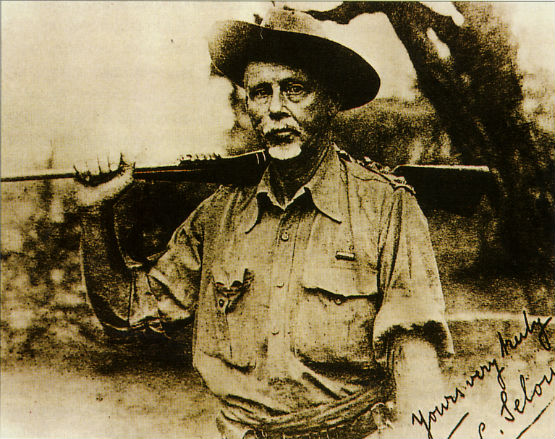
(Above: Africa has had an allure since the days of African Hunters such as Frederick Courtney Selous pictured above)
Nevertheless hunting, especially in Africa remains a controversial pastime through slurred social media and inaccurate, misconstrued statements from various media agencies and so called “conservationists”. This has not diminished its appeal though and a resurgence of interest from Europe, U.K and the rest of the world in the offerings of the “Dark Continent” may be the injection we need to preserve a heritage and a number of species from total annihilation.
A number of countries use the revenue generated through sport hunting to their advantage, funding anti poaching operations and wildlife management programs through sustainable hunting of their wildlife. Hunting concessions usually bordered to National parks offer wildlife a “buffer zone” between them and the ever-encroaching population spread throughout Africa and the demand of ever increasing livestock grazing requirements. In our modern world we live in, everything seems to have a “price” and wildlife is not exempt from this train of thought, be it hunting or photographic, the animals must pay for themselves.
Funds generated by hunting are, in most African countries, used for conservation purposes, for empowering local communities and to provide basic amenities that would not otherwise have existed, such as water, schools, improved housing and most of all, access to medical facilities. More often than not, this is provided by the hunting safari operators that operate throughout the community wildlife areas and concessions, offering jobs, income and education.
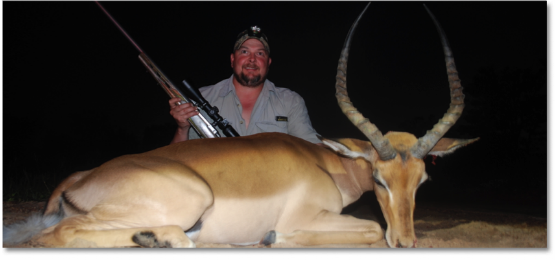
If an economic value is placed on wildlife as a collective, owner, government and local communities are more likely to want them conserved as a natural asset, for their sustainable utilization from now into the future to generate a much-needed income and stability to rural communities.
South Africa, Zimbabwe and Namibia are cases in point. All countries recorded growth in their game populations in the last 20 to 25 years as a result of hunting and good conservation practices, by their respective governments. This can only prove that well managed and maintained wildlife populations, and correctly controlled utilization of natural assets, do indeed benefit the wildlife, communities and economies in the long run.
 Look out for next month's article in which Giles looks at the History and allure of hunting in Africa.
Look out for next month's article in which Giles looks at the History and allure of hunting in Africa.
(Left: Giles Allcock at the Capreolus Club summer wine tasting event hosted by Holland & Holland)
If you are interested in hunting in Africa and would like advice on how to get started then contact:




